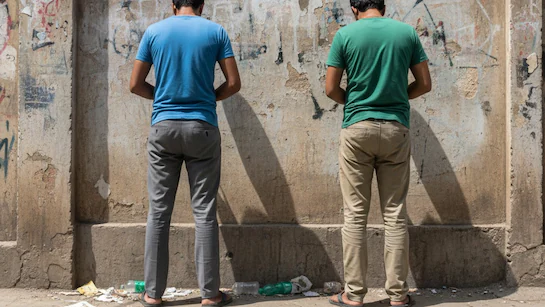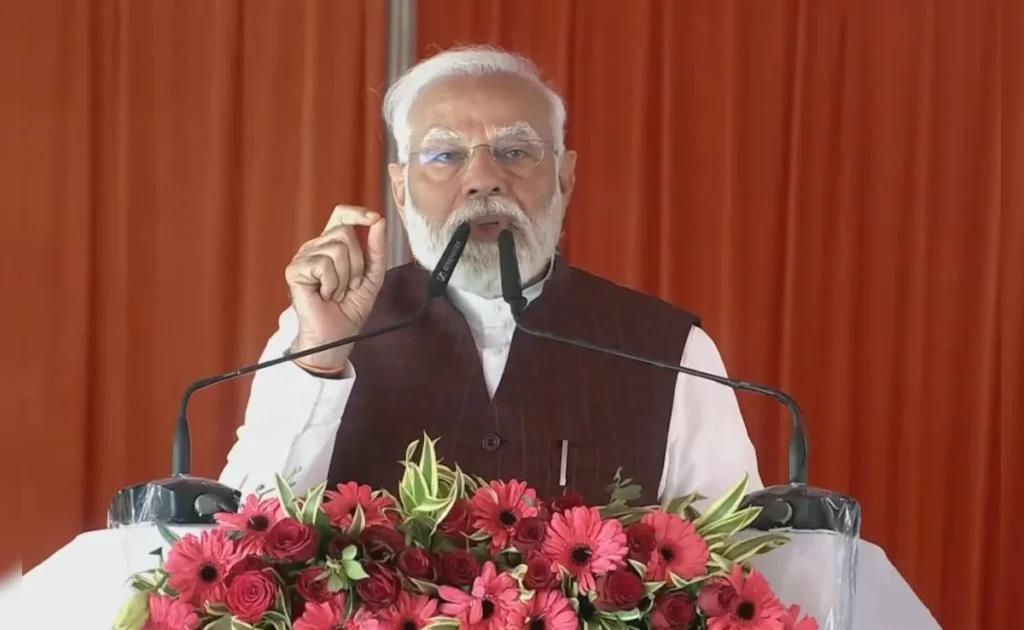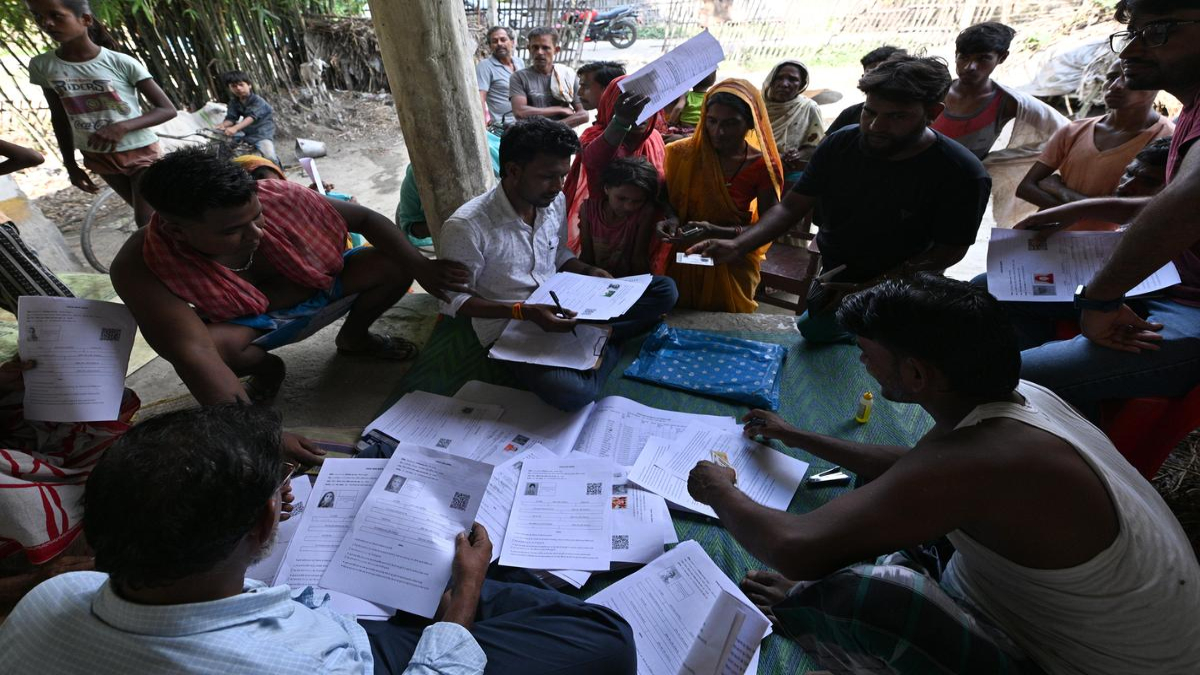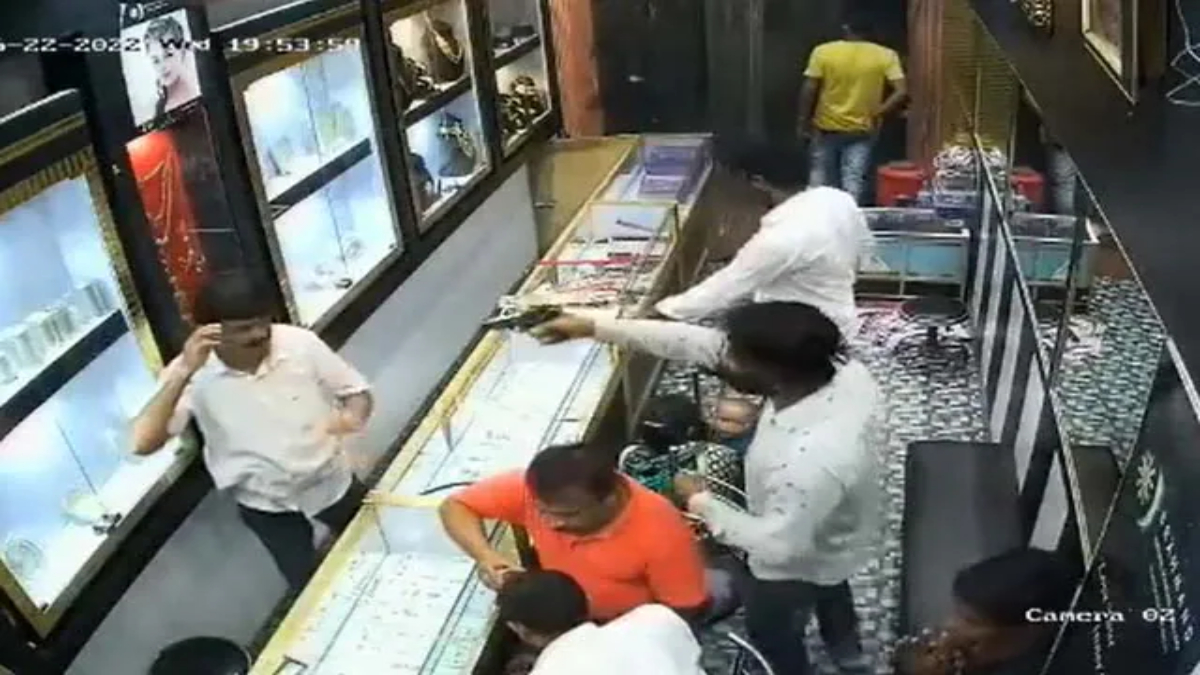Now Reading: Tragedy Strikes: Suicide Linked to Viral Humiliation
-
01
Tragedy Strikes: Suicide Linked to Viral Humiliation
Tragedy Strikes: Suicide Linked to Viral Humiliation

New Delhi, November 07, 2025: A disturbing incident in Maharashtra has highlighted the severe psychological toll of online shaming, as a man allegedly died by suicide after a video featuring him performing a distasteful act of public urination went viral. The man, reportedly a 27-year-old resident of Jalna district (also referenced as Chhatrapati Sambhajinagar in some reports), was found to have ended his life, ostensibly due to relentless online harassment and distress caused by the video’s widespread circulation.
The Details of the Viral Video and Harassment
The original video clip, which was posted on social media, showed the deceased and a friend urinating near a prominent sign—reported by some sources to be a railway station board. It was claimed that the two men were under the influence of alcohol when the public indecency was filmed by an unknown person and subsequently posted online.
Although the man and his friend had issued a video apology, admitting their mistake and seeking forgiveness, the original clip continued to be aggressively shared. According to reports, the man began receiving constant threat calls and messages, and his personal address and phone number were allegedly leaked by some social media accounts. This intense and sustained harassment is believed to have driven him to the tragic step.
Also Read: Saiyami Kher Ecstatic as Ghoomer Re-releases, Calling India Women’s World Cup Win ‘Surreal Timing’
Police Investigate Circumstances of Death
The death was reported to the local police, with an official investigation being launched into the circumstances surrounding the suicide. Initial reports suggest the man died by jumping into a well near his village, Thokmal Tanda, in Partur taluka of Jalna district. The police are currently in the process of registering a case based on the family’s statements and are expected to investigate the claims of online harassment and threats. Demands for strict action against those who viralized the video and those who issued threats have been raised by the man’s family and community members.
Focus Shifts to Cyberbullying and Mental Health
The tragic event has powerfully underscored the severe and often overlooked mental health consequences of cyberbullying and public shaming in the digital age. The incident is being cited by mental health professionals and social commentators as a critical example of how quickly online ridicule can escalate into a genuine threat to life. It has prompted renewed calls for social media users to exercise greater responsibility and empathy, and for platforms to enforce stricter measures against the rapid spread of content that exposes individuals to harassment and ridicule.










